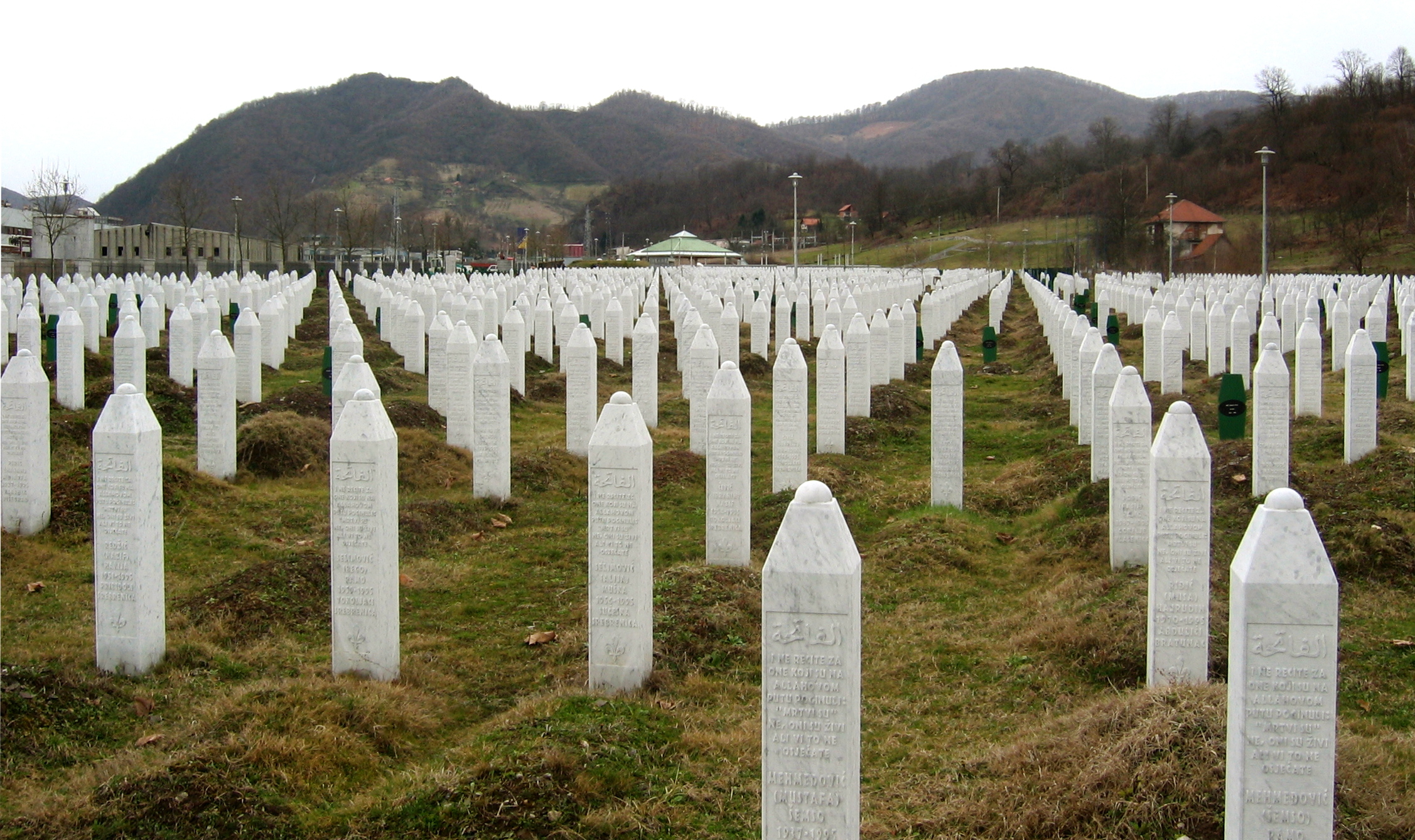| Cigarettes © Alina Zienowicz |
This may be slightly old news, given that bigger crime and justice issues have taken place since this story first emerged, but I want to add my two-penneth to the debate. I admit to being an ex-smoker, but this is not really a post on smoking.
The idea of banning smoking from public spaces is faintly ridiculous. Not only because it is unenforceable but because governments don’t really want to ban smoking. In terms of tax, governments earn a significant amount of revenue from taxing tobacco. In the UK
In China, things are worse. The Chinese government profits directly from smoking. They are directly involved in the manufacturing and production of tobacco. So whilst Chinese citizens are told that the smoking ban is for their (health) benefit, many are even unaware of the harmful effects of tobacco. Again, there is little effort being made to monitor, control and regulate the smoking ban. So why is the Chinese government banning smoking in public places? Is it because its rising economic and political profile means that it has to look as though it is a more responsible, caring government?
Governments don’t want to lose this revenue. Governments don’t want you to stop smoking. Governments want to appear as though they care. If governments truly believed in public welfare, they would ban it altogether. This is state hypocrisy.
Of course, they could make smoking more dangerous. Instead of banning smoking outside, why not secrete all packs of cigarettes under a flap of skin in the flanks of Pit bulls. Anyone wishing to smoke would have to approach said dog crawling along on one’s belly, wearing a kimono, whilst effecting the bark of a Chihuahua
In the meantime, governments around the world are more than happy for our factories and heavy industries to belch out their toxic fumes. Carbon emissions are at their worst despite a global recession. If we fail to stop the earth’s temperature rising by more than 2 degrees Celsius, the effects could have massive implications for climate change and all of our futures.
According to The Guardian, Fatih Birol, chief economist of the IEA said:
"I am very worried. This is the worst news on emissions," (…) "It is becoming extremely challenging to remain below 2 degrees. The prospect is getting bleaker. That is what the numbers say.”
Professor Lord Stern of the London School of Economics added:
"Such warming would disrupt the lives and livelihoods of hundreds of millions of people across the planet, leading to widespread mass migration and conflict. That is a risk any sane person would seek to drastically reduce."
Climate change is something that affects us globally, not just those in our immediate vicinity. It is worrying that something that is a lot less harmful to public health, such as passive smoking, receives more media attention and public discourse, than something that affects more of us to a greater degree.





